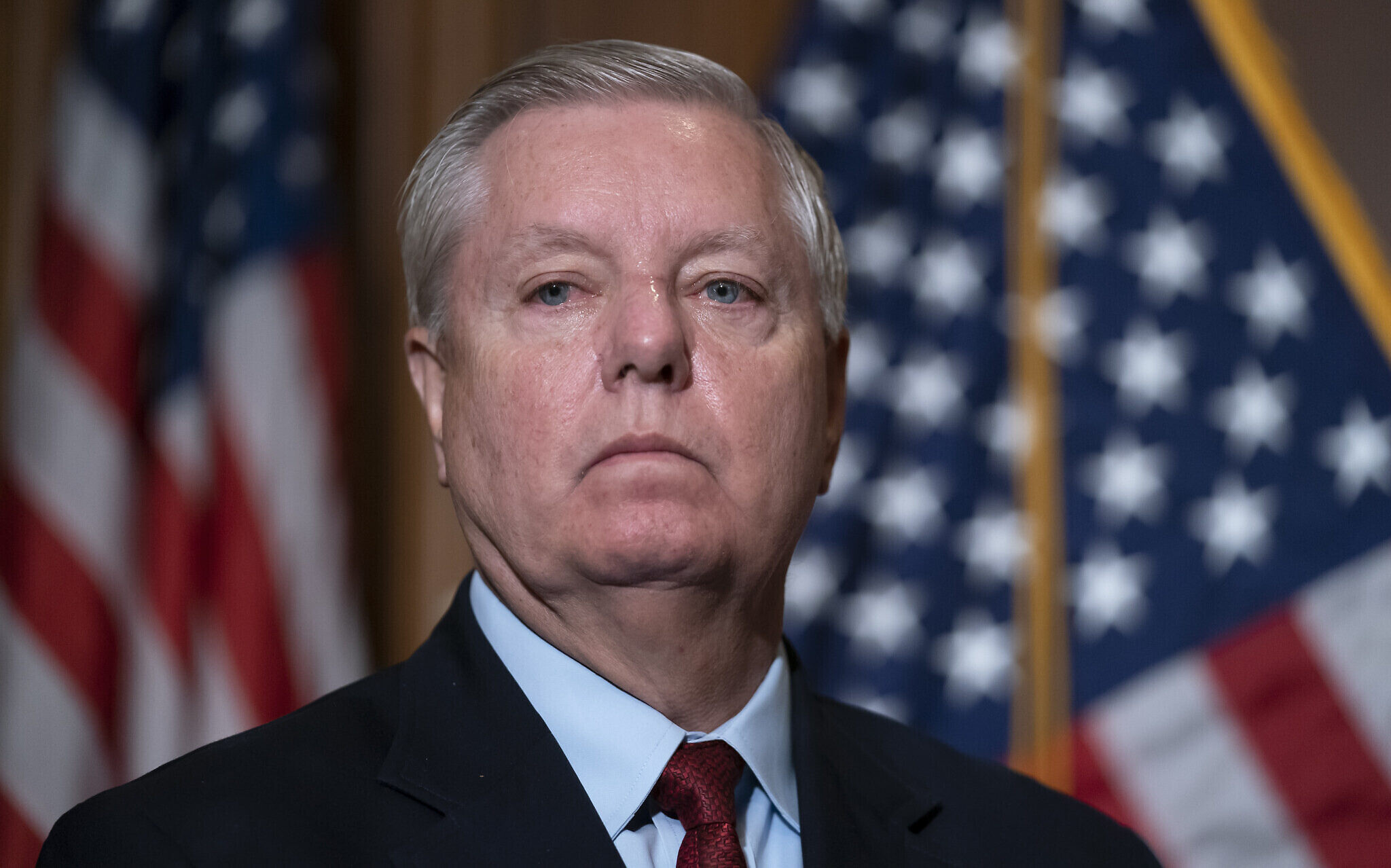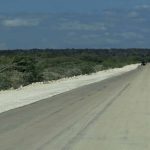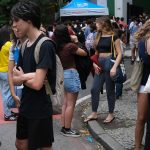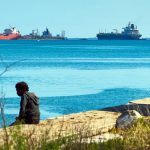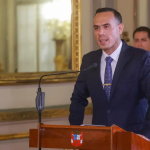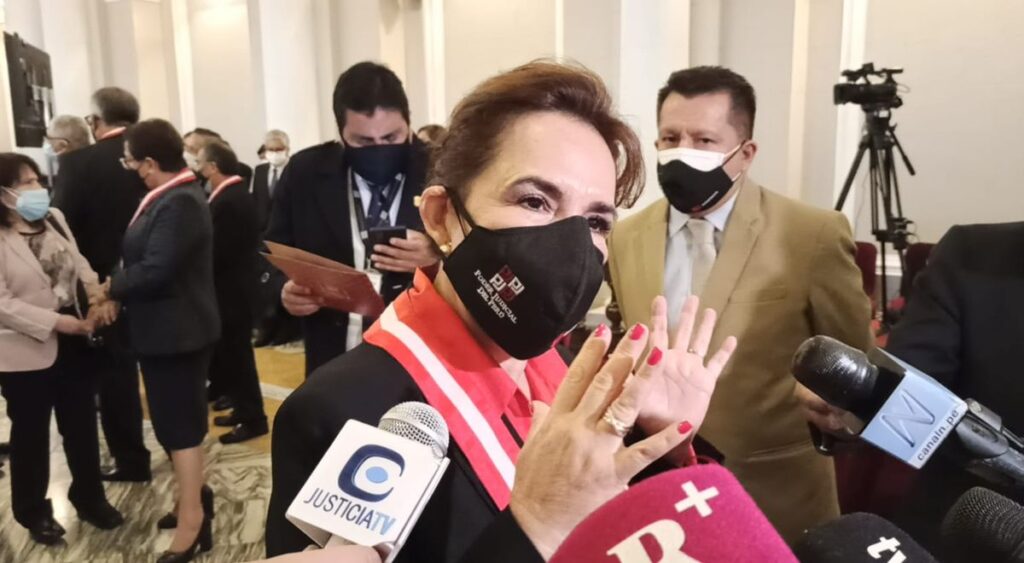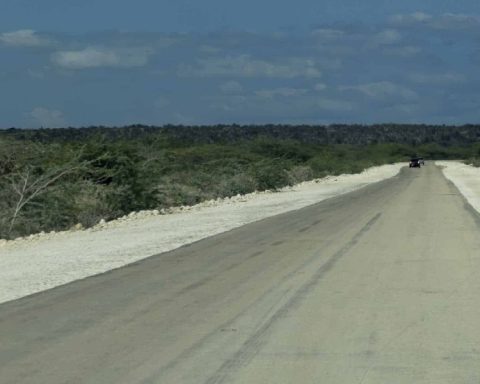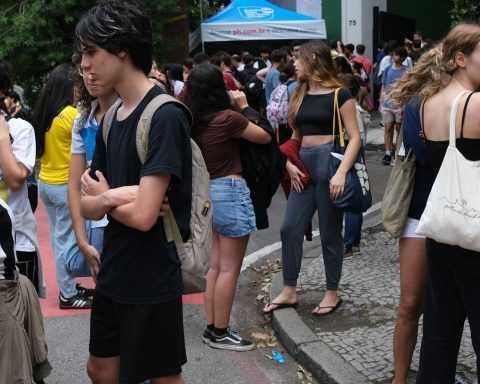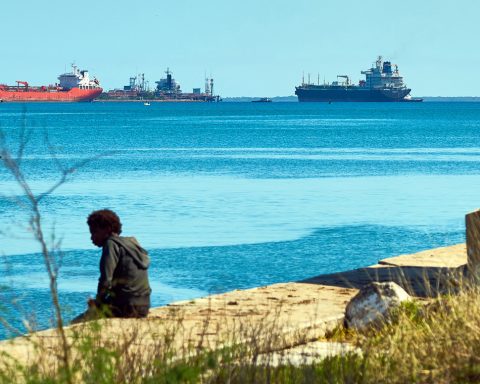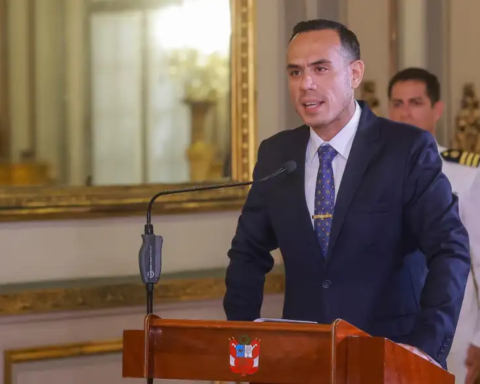The UN Security Council convened an emergency meeting after the fighting and the fire at the Zaporizhia plant, which was controlled without changes in radioactivity levels being recorded.
Russian President Vladimir Putin said for his part that he is ready for negotiations, nine days after ordering the invasion of Ukraine, on the condition that all Russian demands are accepted.
“We have survived a night that could end history. The history of Ukraine. The history of Europe,” declared Ukrainian President Volodimir Zelensky, referring to the attack on the nuclear power plant.
Of the six blocks in Zaporizhia, the first has been put out of service, numbers 2, 3, 5 and 6 are in the process of being cooled down and number 4 is operational, he said.
An explosion in Zaporizhia would have been equivalent to “six Chernobyls”, Zelensky stressed, referring to the catastrophe that occurred in 1986 at that plant located in Ukraine itself, but when this country was part of the Soviet Union.
The Russian attack represented “an immense threat to all of Europe and the world,” US Ambassador Linda Thomas-Greenfield told the Security Council.
French President Emmanuel Macron is “extremely concerned about the risks” that “the Russian invasion” may entail on the safety of Ukrainian nuclear power plants and will propose “concrete measures” to tackle them, the Elysee said.
Instead, the spokesman for the Russian Defense Ministry, Igor Konashenkov, accused “Ukrainian saboteur groups, with the participation of mercenaries”, of having caused the fire at the plant.
NEW NEGOTIATIONS
The prospect of a ceasefire seems distant. In a second round of negotiations on Thursday, both sides only agreed to create humanitarian corridors.
A third round could take place this weekend.
But dialogue is only possible if “all Russian demands” are accepted, however, Putin warned during a telephone conversation with German Chancellor Olaf Scholz.
The demands include the neutral and non-nuclear status of Ukraine, its “denazification”, the recognition of Crimea as part of Russia and the “sovereignty” of the territories controlled by pro-Russian separatists in the east of the country.
Putin also denied that Russian forces are shelling Ukrainian cities, despite images of destruction in recent days from Kiev, Kharkiv (east), Mariupol (southeast) and other cities.
Zelensky criticized NATO for having denied him a request to “close the sky” over Ukraine to Russian aviation or to deliver planes to Kiev in return.
“We believe that if we do that, we will end up having something that can become a total war in Europe, engulfing many other countries and causing much more human suffering,” explained the secretary general of the transatlantic military alliance, Jens Stoltenberg.
Western countries have delivered weapons to Ukraine, but have focused their response on a battery of sanctions to isolate Russia diplomatically, economically, culturally and in sports.
The G7 of great powers and the European Commission threatened this Friday to impose new “severe sanctions” on Moscow.
GAG THE PRESS
The Russian authorities on Friday accentuated the repression in their country against dissenting voices in the conflict.
Putin enacted a law that establishes harsh prison sentences for anyone who publishes “fake news” about the armed forces.
In addition, the Russian Internet regulator, Roskomnadzor, ordered to block Facebook and “restricted” access to Twitter in the country.
They also limited access to the portals of the Russian edition of the British BBC and the German international radio and television Deutsche Welle.
WAR FRONTS
The Russian invasion is progressing in the south, but is apparently slowing down in Kiev and Kharkiv (northeast), where the Russian army used cluster bombs “in at least three residential neighborhoods”, which could constitute a war crime, denounced the American NGO Human Rights Watch (HRW).
This Friday shots were heard in Bucha, northwest of Kiev, where destroyed Russian armor could be seen. To the east, smoke could be seen rising from shelled warehouses, according to AFP photographers.
About 350 km east of the capital, the situation has become “hell” in Okhtyrka, and is “critical” in Sumy, according to local authorities.
In the strategic port of Mariúpol (southeast), the humanitarian situation is “terrible” after 40 hours of uninterrupted bombing, including schools and hospitals, Deputy Mayor Sergei Orlov told the BBC.
On Thursday, the Russians consolidated their takeover of Kherson (population 290,000, south), their first major victory to date, and intensified their bombardment of other urban centers.
More than 1.2 million refugees have fled Ukraine for neighboring countries since the start of the invasion and millions of others have become internally displaced, according to the United Nations High Commissioner for Refugees.
